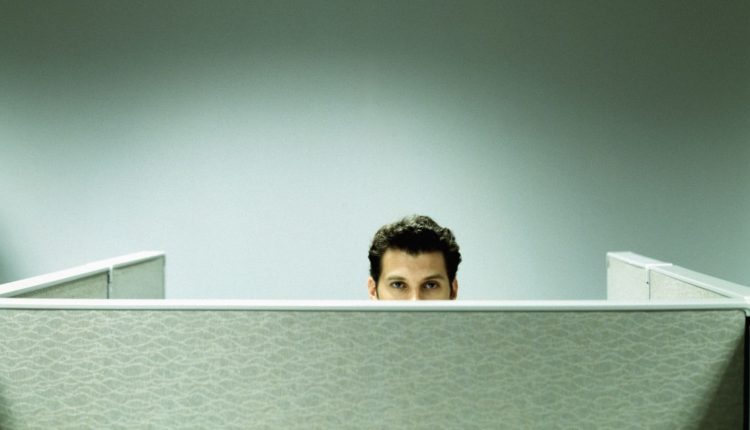Successful people have more ‘productive paranoia’ than most, says bestselling author Jim Collins—here’s how to cultivate it
No matter who you are, you’re going to face some kind of obstacles in your life. Highly successful people overcome them by having “prodigious amounts of productive paranoia,” according to multi-time bestselling author and leadership expert Jim Collins.
That means thinking about every possible outcome of every decision you make, and taking the time to plan and prepare for any potential unexpected setbacks — both in your career and outside of work. Or, put simply: Be paranoid about future events that could derail you.
“The question is not if bad things will happen, it’s when,” Collins said last week at the 2023 World Business Forum summit. “And it’s what you do before the storm comes” that determines how well you’ll react or recover.
Sometimes, productive paranoia takes the shape of over-preparing for a presentation so you can anticipate every possible question your audience might ask. Or, you might study up on workplace skills that you don’t need in your current job — but might give you a leg up when seeking a raise or promotion.
An adeptness with artificial intelligence platforms could come in handy down the road, for example. Eighty-seven percent of U.S. CEOs and C-suite executives say they’d like to hire employees with AI skills, but are struggling to find such people, according to a recent survey from online education platform edX.
Constantly thinking about potential futures — both good and bad — is the type of productive paranoia that all professionals should have, Collins said. It’s a message he stands by, even if people think he’s a little crazy for doing so.
“Last time I was here, people thought I was some sort of maniac … because I said to everybody, ‘It’s sunny today, but the storm is coming. I don’t know what it is … It will be a surprise,'” he said. “But it is best to be a paranoid freak, because something bad is certain to happen.”
Just be careful to not overdo it, other experts say: Overthinking about “what ifs” can be bad for your mental health. Recognize when you’re going from “fixating” to “hyper-fixating” on the unknown, and in response, streamline your thought process back down to focusing on a single challenge at a time.
“You could start small by examining what important tasks need to get done first, then either delay or delegate the rest until you are feeling less anxious,” New York-based psychotherapist Jenny Maenpaa wrote for CNBC Make It last year. “The key is to take a step back and deal with things one at a time.”
DON’T MISS: Want to be smarter and more successful with your money, work & life? Sign up for our new newsletter!
Get CNBC’s free Warren Buffett Guide to Investing, which distills the billionaire’s No. 1 best piece of advice for regular investors, do’s and don’ts, and three key investing principles into a clear and simple guidebook.
Read the full article here

